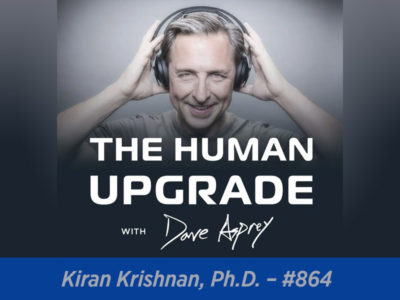Table of Contents[Hide][Show]
This may sound strange, but it’s said that Gandhi decided to sleep next to naked women—without being intimate with them—in order to increase the amount of energy he had to change the world. As a result he learned to transform desire into a source of great personal power.
Gandhi isn’t the only historical figure who noted the connection between male orgasm and energy. Restricting orgasm is a common practice among athletes and mystics. Napoleon Hill wrote about it in his 1937 classic, Think and Grow Rich, when he suggested that people could harness their sexual magnetism to enhance their personal success. Buddhist, Hindu, Taoist, and Tantric teachings recommend controlling male orgasm for improved health and longevity. You’ll also find extensive info about this if you study Chinese medicine.
FOR TWO YEARS I STUDIED MY PATTERNS OF SEX AND ORGASM TO SEE IF THESE RECOMMENDATIONS WERE CORRECT. SPOILER ALERT: THEY WERE…
Tantric priests have an equation to determine the minimum number of days that should pass between a man’s orgasms, at least if he wants to maintain his energy and youth:
(Age – 7) / 4
They say that even though that is the minimum time, for maximum energy and longevity, the ideal length of time for any man to wait between orgasms is 30 days (these rules don’t apply for women). So for me, a 40-year-old man at the time I did this experiment, my minimum was eight days between orgasms, but ideally 30. I tested both.
I did three different experiments. The first was to test happiness and productivity when I had sex whenever I wanted (without orgasm), but only had orgasms every eight days. The second was to have sex whenever I wanted, but only have orgasms every 30 days (warning: this is not easy!). Finally, I tested having orgasms every 30 days with no sex in between.
Every day during the experiments, I rated my happiness on a scale of 1 to 10, with 1 being “sucks,” 5 being “average,” and 10 being “rocks.”
I measured happiness across three domains, relationship, career, and energy level, with the average of those three being a daily happiness rating.
Related
The Relationship Between Happiness, Your Gut, and Psychobiotics
Find out how the gut-brain connection affects your mood, what psychobiotics are, and how to get more of them so you keep your brain happy.
Happiness Scores During the 8-Day Experiment
During the first eight-day test, and over the 60-day testing period, I tended to have sex more frequently the closer it was to the eighth day. I was a lot happier in the days leading up to the orgasm, and life was better with more sex, even without an orgasm every time. Surprisingly, I tended to be less happy on the days immediately after having an orgasm.
This downward trend is probably because of the “orgasm hangover.” I’m not joking; it’s a real thing. Think about it—an orgasm triggers a dopamine rush in your brain, but after the orgasm, the dopamine drops off, and your dopamine-sensing nerve receptors become temporarily unresponsive because they are still so overwhelmed from the initial rush. This dopamine insensitivity can last for a few hours to a few days, and during that time, things may just not seem as great as they once were. This is an orgasm hangover, and even if you don’t notice it, your partner probably does.
Happiness Scores During the 30-Day Experiment
The less-happy ninth and tenth days of test 1 definitely made me curious about what a 30-day orgasm delay would do. So for 102 days, I tested having sex whenever I wanted, but postponing the orgasm until day 30. Even though this was three months of testing, it took six months to gather the data, because the experiment got very difficult due to the labrador part of my brain constantly telling me, “The experiment is less important!”
But the results were pretty compelling. I was even happier in those 30 days leading up to the orgasm than I was during the eight-day test. It was incredibly hard to wait those 30 days, but during that time my work performance was great, and I saw noticeable differences in my energy levels and happiness.
I also found, during the third 30-day cycle, that it was a lot easier to ask my wife to count the 30 days. During the first two cycles, when I counted the days myself, it was too easy to convince myself that the experiment didn’t matter, and to trick myself into having an orgasm. Willpower is finite, and the amount it took to put off orgasm for 30 days was excruciating. When my wife counted the days, it was harder to talk myself into giving up on the experiment, and since I wasn’t thinking about it as much, it didn’t take as much willpower to hold off.
Happiness Scores During the 30 Days Without Any Sex
During the 30 days with no sex at all, my overall happiness was still improved, but not as greatly as when I was having sex but not having an orgasm.
End Results
Another interesting finding throughout all of the tests was that women seemed much more attracted to me the longer it had been since my last orgasm. I suspect this was due to a change in my pheromones, but Napoleon Hill would chalk it up to sexual energy being the driving factor of personal magnetism. Women somehow know when you’re holding back and are drawn to you more than usual.
Even though my experiments are over, I generally still stick with the Tantric eight-day rule because I’ve had such noticeable success with it (and it’s more fun). So give it a try and see if you agree that delayed gratification can result in higher levels of happiness and energy.
You May Also Like…





